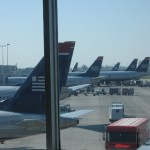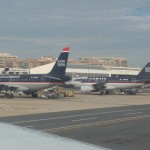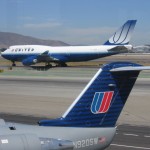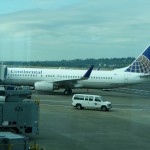Why new United should have domestic business — not first — class
One of the big questions of the United-Continental merger is whether the domestic premium cabin will be sold as first class, as is currently the case with United, or business class, which is what Continental does. For customers’ sake, that cabin should be sold as business class.
This is not just about a name — it affects booking classes and flight inventory, and the present discrepancies between domestic and international flights can be very confusing for passengers, and sometimes even for agents. The domestic first-class designation is a tradition started decades ago, when all commercial planes had two cabins of service. But then along came business class, and the major network carriers ended up with three cabins on international flights…










